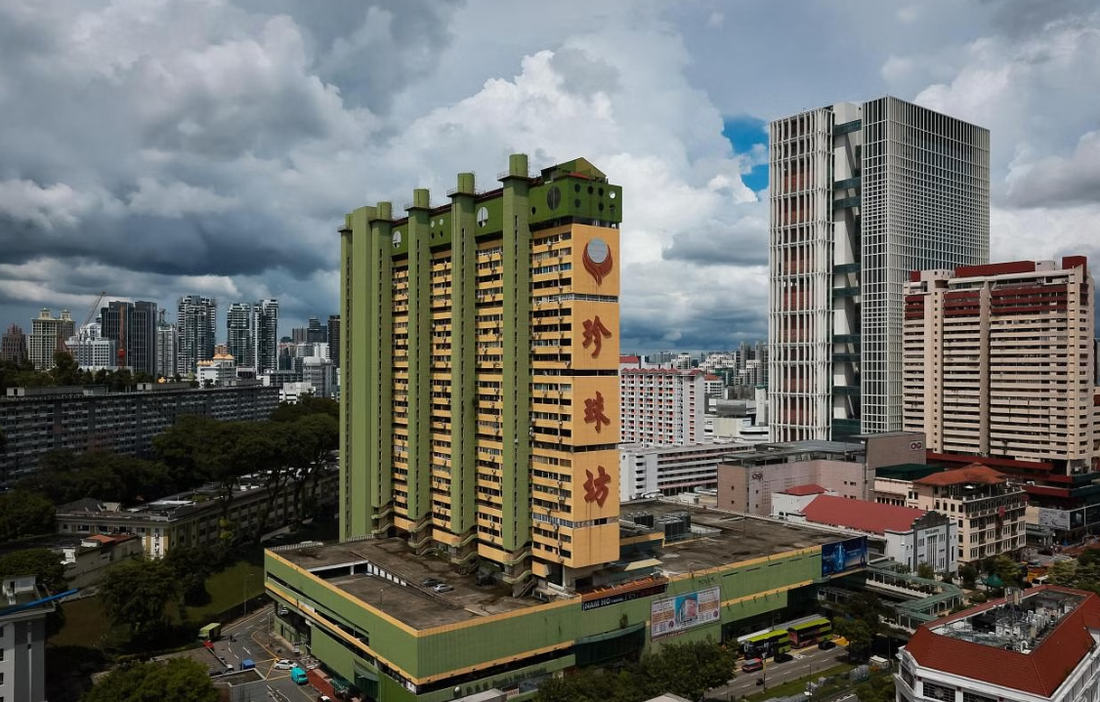When we talk about property investments in Singapore, the issue of leasehold tenure—particularly for 99-year properties—often takes center stage. A persistent belief is that as a 99-year lease runs down, the property's market value inevitably declines. However, recent findings and expert opinions suggest that the situation may not be as straightforward as it seems.
The Common Perception vs. Reality
The conventional wisdom is that a 99-year leasehold property's value follows a predictable path of depreciation as the lease ages. This belief is rooted in mathematical models like Bala's Curve, which suggests that the decline in value starts slow and accelerates as the lease approaches its 99th year. According to Alan Cheong from Savills Singapore, the critical period for potential value depreciation begins after the 70th year of the lease.
However, real-world data tell a slightly different story. Market dynamics, economic growth, and locational advantages can counteract the effects of lease decay. For instance, older leasehold condominiums have shown surprising resilience in the past decade. Properties like Neptune Court in Bedok and People's Park Complex in Outram have experienced significant price appreciation, despite having only around 40 to 50 years left on their leases.
The Factors That Drive Value
So, what keeps the value of these ageing leasehold properties up? Several factors come into play:
-
Location and Demand: Properties in prime locations or those with unique attributes, such as expansive living spaces, tend to maintain or even increase in value, despite their ageing leases. As Christine Sun from OrangeTee points out, older projects that are well-placed and popular with renters can still offer a favorable yield and see firm demand.
-
Market Conditions: A robust real estate market can overshadow the effects of lease decay. External factors such as economic growth, population increases, and overall inflation can drive up property prices, regardless of their age.
-
En Bloc Potential: The possibility of a collective sale can also sustain or enhance the value of an ageing leasehold property. For instance, Chuan Park, with a lease that started in 1980, was sold en bloc for $890 million in 2022, demonstrating that older properties with en bloc potential can still command substantial prices.
-
Financing Challenges: On the flip side, financing restrictions for properties with shorter leases can limit the pool of potential buyers. Banks are often reluctant to provide loans for properties with less than 30 years remaining on the lease, which can depress demand and, consequently, the property's value.
Investment Considerations
For potential buyers and investors, the decision to purchase an ageing 99-year leasehold property is nuanced. These properties can be appealing due to their often larger living spaces and lower initial costs compared to newer developments. However, buyers must weigh these benefits against potential downsides, such as financing difficulties and the eventual lease expiry.
Investors should also consider the yield potential of these properties. As the lease term shortens, the capital value might decline, but the rental yield could compensate for this loss, especially if the property is located in a high-demand area.
Summary and Key Takeaways
- Location Matters: Older leasehold properties in prime locations or with strong rental demand can maintain or even increase in value.
- Market Conditions Influence Value: A strong real estate market can mitigate the effects of lease decay.
- En Bloc Potential: Properties with en bloc potential can still command high prices, even with ageing leases.
- Financing Challenges: Shorter leases can limit financing options, affecting buyer demand and property value.
Interpreting the News
This news highlights the complex nature of property investment, particularly with ageing 99-year leasehold properties. While the general rule suggests depreciation as the lease ages, several factors can counteract this, leading to potential opportunities for savvy investors. Understanding the interplay between market conditions, location, and property attributes is crucial for making informed investment decisions.
If you're considering investing in Singapore's real estate market, whether it's a new launch or an older leasehold property, it's essential to stay updated with the latest market trends and expert insights. Reach out to us today to discuss your options and receive personalized advice tailored to your investment goals.

